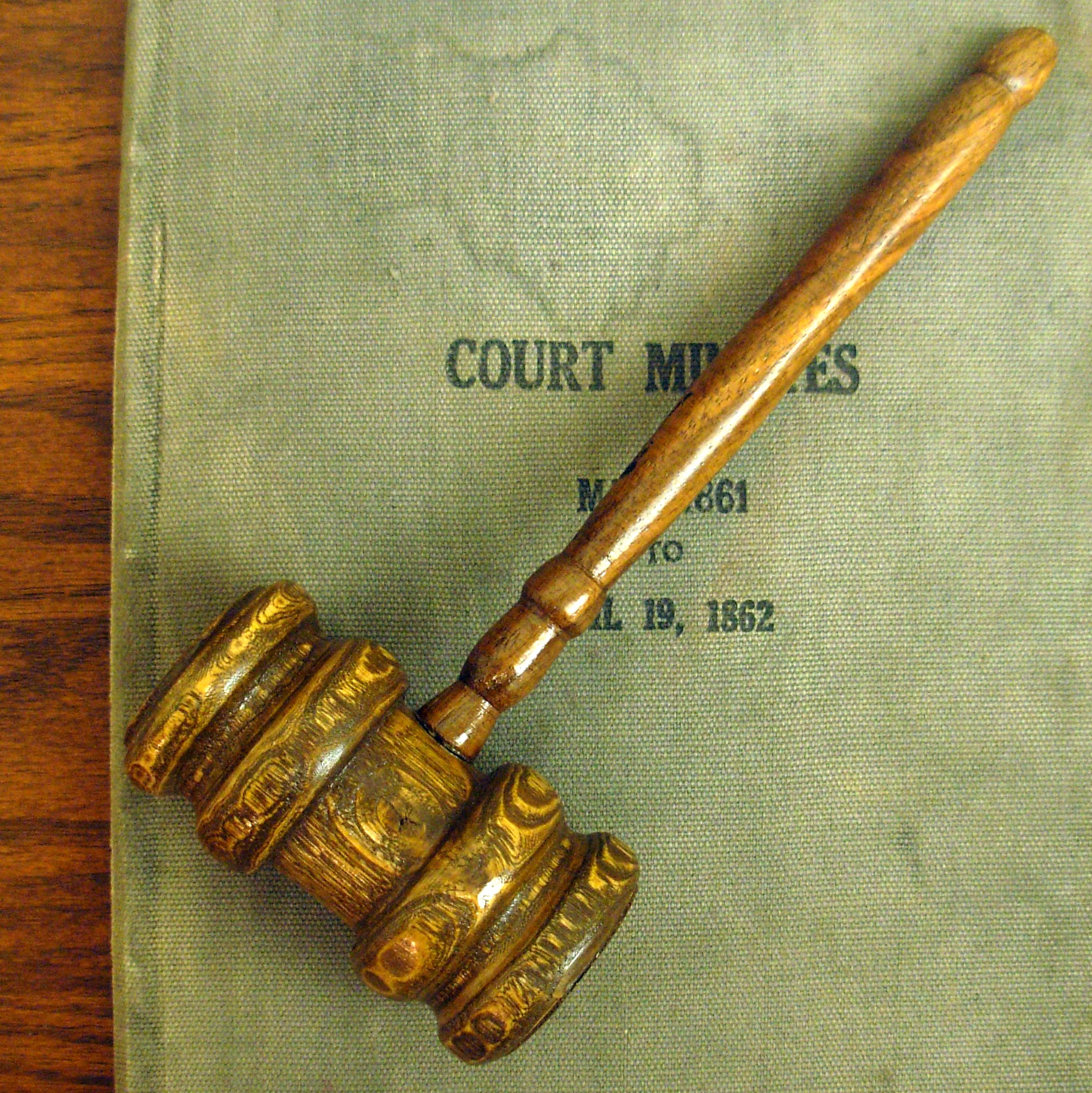It’s not looking probable; we would need a miracle. Here’s the breakdown
Starting with the 2013 vote (57 Ayes to invoke cloture), I did up a spreadsheet of the likely vote results in 2017, based on current occupancy, the 2013 vote, and the Senators political stances on the issue.
I came out with maximum of 59 Aye votes (assuming Luther Strange gets to vote Aye or his replacement votes Aye).
The vote delta (because we had both gains and losses)
NH: -1 (Maggie Hassan replaced Kelly Ayotte)
IA: +1 (Joni Ernst replaced Tom Harkin)
SD: +1 (Mike Rounds replaced Tim Johnson)
WV: +1 (Shelley Moore replaced John Rockefeller)
However, what IÂ don’t see is the 60th vote. I broke out the Nay votes who are in seats up in 2018 in states that voted for Trump
Bill Nelson is a hard NO
Claire McCaskill is a hard NO
Sherrod Brown is a hard NO
Bob Casey is a firm No
Tammy Baldwin is a hard NO
And, if anyone flips to be the 60th, I wouldn’t put it past some of the presumptive Ayes to flip to Nay to prevent it. Fix NICS is already being pulled out as a cover for voting Nay (and was used for that purpose in the House).
Now, maybe the GOP leadership knows something I don’t, or this really was a setup to burnish everybody’s 2A pro/con credentials. Whichever way that goes, if you want reciprocity this year, better start praying.


